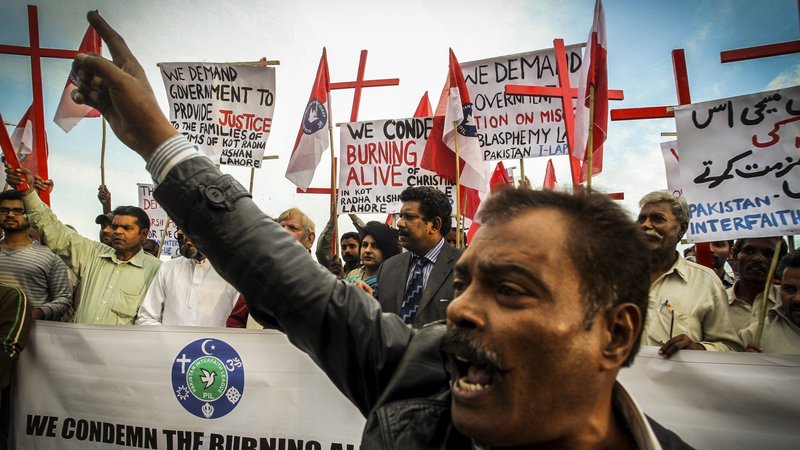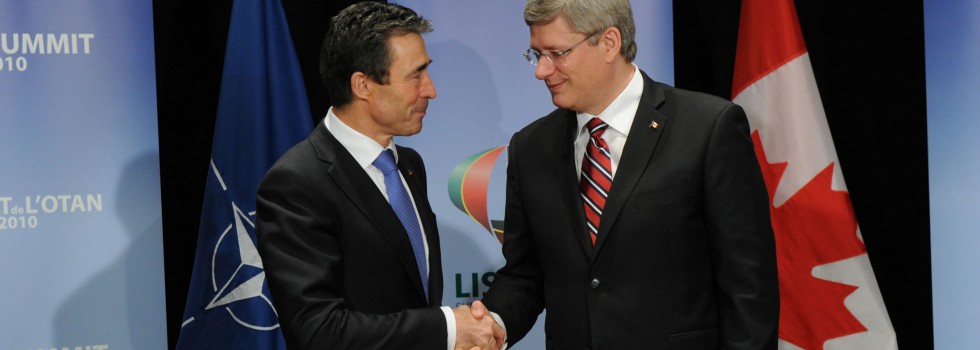
On November 5, 2014, a Christian couple was beaten to death in a small town near the city of Lahore, Pakistan. The mob responsible for the attack later burned the bodies at the brick kiln where the couple worked. The couple was accused of desecrating the Quran, and it was later discovered that an imam was responsible for instigating the attack.
It seems, with this case, that authorities have actually taken concrete steps to adequately respond to attacks on those accused of blasphemy. Local police arrested 43 suspects in the murder of the couple. Prime Minister Nawaz Sharif issued a statement assuring that the culprits of the unacceptable crime would be brought to justice, and claiming, “a responsible state cannot tolerate mob rule and public lynching with impunity.” Furthermore, for the first time in a murder case, as a result of alleged blasphemy, the state will become the plaintiff, instead of the accused’s family, which is easy to manipulate or influence, either through pressure or through the payment of blood money. It is believed that this move will set a precedent for future cases. Unlike the families, the state will not back down or be swayed.
The “misuse of the blasphemy laws” is always the phrase used in such discussions. Even Amnesty International, in a press release, urged Pakistani authorities to bring those responsible for the murders to justice. Although the organization labeled the blasphemy laws a human rights violation, it went on to say that the laws “should be reformed as a matter of urgency to provide effective safeguards against their abuse.”
Undeniably, the state is taking positive steps in handling this case. However, one must be mindful of the fact that certain clauses of the blasphemy law are punishable by death under Pakistan’s Penal Code. That being said, it is ironic that Sharif claims that this was an “unacceptable crime” and that the state must “act proactively to protect its minorities from violence and injustice.” As long as the blasphemy laws exist, Pakistan’s minorities will never be free from injustice. The state’s outrage only seems to be directed at the murders, and yes, the murders are unacceptable, but some of the outrage should more appropriately be directed at why the couple was murdered as well.
If Sharif is truly sincere in his desire to protect minorities from violence and injustice, then more concrete steps must be taken to eradicate the laws completely. The ultimate root cause of the violence is the laws; the violence stems from the ethnocentric mentality that the state sanctions by adhering to them. For this reason, it is counterproductive to focus on minimizing the so-called “misuse” of the laws; the entire set of laws is fundamentally a misuse of religion, and the real injustice lies in the existence of the laws themselves.




